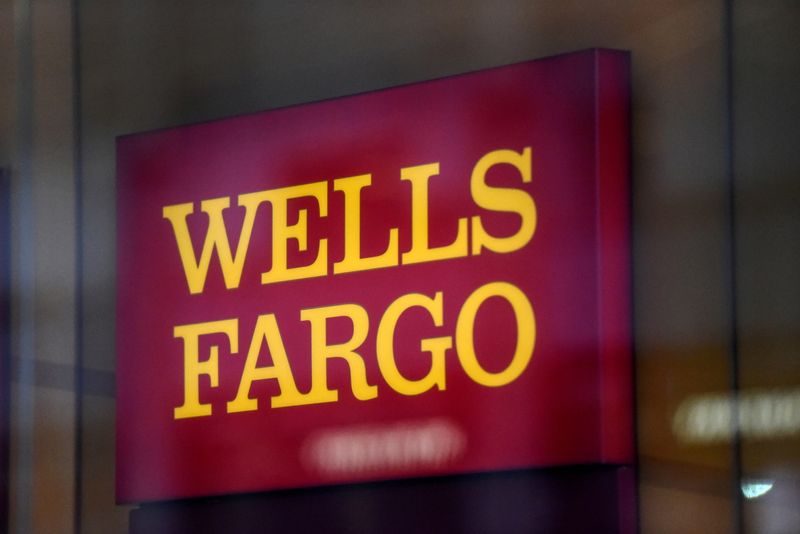By Jody Godoy and Chris Prentice
WASHINGTON (Reuters) -The civil trial of three former Wells Fargo (NYSE:WFC) & Co employees over their alleged roles in a scandal involving phony accounts kicked off on Monday, a rare public confrontation between a top U.S. banking regulator and former high-level bank executives.
The Office of the Comptroller of the Currency (OCC) is squaring off against executives it says are partly culpable for the San Francisco lender's misconduct before an in-house OCC judge in Sioux Falls, South Dakota, in a hearing expected to last at least two weeks.
The long-running scandal over Wells Fargo's pressurized sales culture that led staff to open millions of unauthorized or fraudulent customer accounts has cost the bank billions of dollars in civil and criminal penalties and has badly damaged its reputation.
The OCC alleges that Wells Fargo's former risk officer, Claudia Russ Anderson, former chief auditor David Julian and former executive audit director Paul McLinko failed to adequately perform their duties and responsibilities, contributing to Wells Fargo's "systemic sales practices misconduct" from 2002 to 2016.
The proceedings mark a significant step for a regulator that has been criticized in the past for being too soft on the banks and executives it oversees, said regulatory experts.
"It's an attempt at personal accountability for big-bank executives we have not seen in a long time, including in the aftermath of the 2008 crisis," said Jeremy Kress, an assistant business professor at the University of Michigan.
In testimony on Monday, OCC official Greg Coleman laid out the OCC's view that the three former Wells Fargo executives were responsible for the misconduct because they were the bank's key "lines of defense" against bad behavior and other risks.
Wells Fargo's "incentive sales program was implemented without risk-management controls, without proactive monitoring and it essentially incented the bank employees to open fraudulent accounts, to provide misleading information to customers, resulting in significant harm," said Coleman, OCC's senior deputy comptroller for large bank supervision and the first witness to testify.
The regulator brought https://www.reuters.com/article/us-wells-fargo-regulator-charges/u-s-bank-regulator-charges-ex-wells-fargo-executives-for-role-in-sales-scandal-idUSKBN1ZM2M2 civil charges last year against the trio, as well as other former Wells Fargo executives, and has demanded they pay nearly $19 million combined to settle the matter. The OCC is also seeking to bar Russ Anderson from the banking industry over the allegations.
Attorneys for the trio did not respond to requests for comment.
Matthew Martens, an attorney representing Julian, said during the hearing that the trio's attorneys had been blocked from gathering background information on OCC examiners and from calling OCC witnesses.

"We were stopped from calling four OCC examiners who would have provided testimony that we believe would be evidence of bias, incompetence" and credibility issues, he said.
A spokesperson for Wells Fargo declined to comment beyond a January 2020 statement in which CEO and President Charlie Scharf said the OCC's actions were consistent with holding the firm and individuals accountable for "inexcusable" sales practices issues.